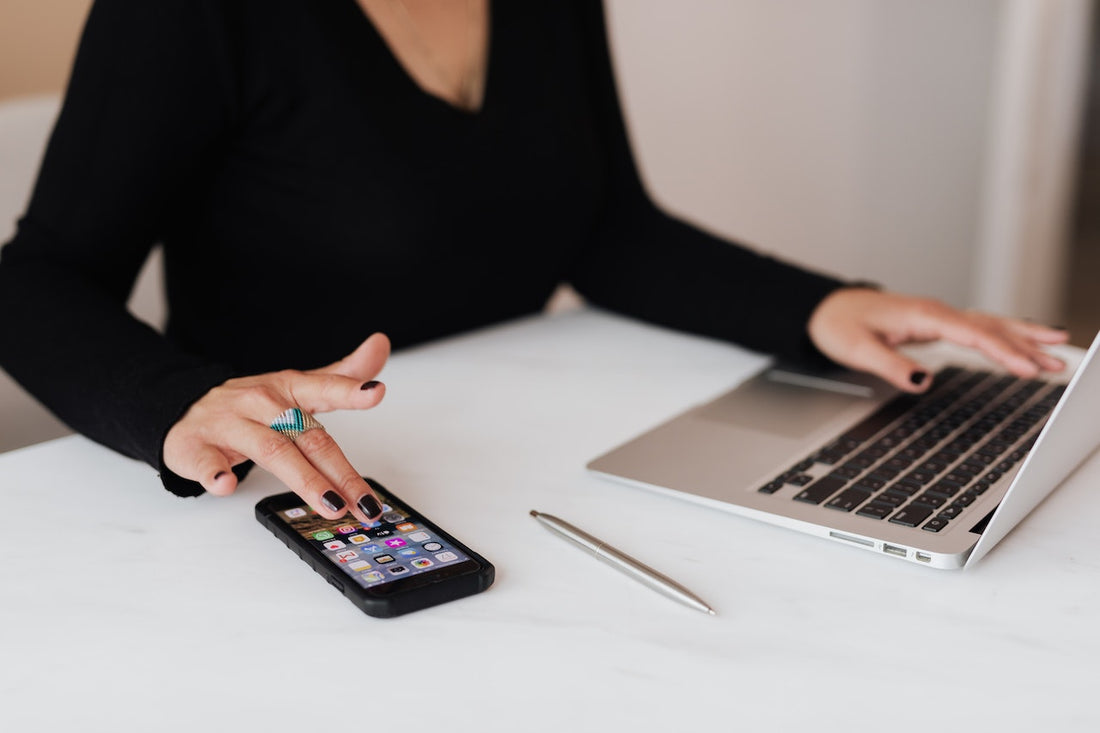In today's world, we are constantly surrounded by devices equipped with sensors like microphones and cameras. While these sensors provide us with convenience, they also raise serious privacy concerns. In this post, we'll discuss how these sensors impact our privacy, and why physical privacy-enhancing products like phone camera sensor blockers, privacy screens, and Faraday bags are different and more secure than digital ones. We'll also look at some recent examples of camera and microphone hacks and how corporates are using these sensors to collect data.
The Impact of Sensors on Privacy
With sensors like microphones and cameras in our devices, our personal and private lives are constantly being monitored. Smartphones, laptops, and smart home devices are equipped with multiple sensors that collect data about our location, movements, and even the way we hold our devices. This data can be used to track us and our activities and even to infer sensitive information about us, such as our health, interests, and financial situation.
The Problem with Digital Privacy-Enhancing Products
To address these privacy concerns, many people turn to digital privacy-enhancing products like privacy settings, VPNs, and antivirus software. While these products can help protect our devices and data from hacking and malware, they are not foolproof. Hackers can find ways to bypass these digital safeguards and access our private data. Additionally, these products often require constant updates and maintenance, which can be time-consuming and difficult for the average user.
The Benefits of Physical Privacy-Enhancing Products
In contrast, physical privacy-enhancing products offer a more secure and reliable solution to privacy concerns. Phone camera sensor blockers, for example, are small stickers or covers that can be placed over the front and back cameras of a smartphone, laptop, or tablet. They prevent the camera from capturing any visual data, ensuring complete privacy. Privacy screens are physical filters that are placed over the screens of devices like laptops and smartphones. They make it difficult for anyone to see the screen from an angle, ensuring that sensitive information is not accidentally or intentionally exposed. Another physical privacy-enhancing product is the Faraday bag, which is a shielded bag that blocks radio frequencies, including Wi-Fi, Bluetooth, and cellular signals. This bag can be used to store devices like smartphones and laptops when not in use, preventing them from being tracked or hacked remotely. Moreover, physical privacy-enhancing products are easy to use and require no technical expertise or maintenance. Once installed, they provide a reliable and permanent solution to privacy concerns.
Real-Life Examples of Camera and Microphone Hacks
In recent years, there have been several high-profile examples of camera and microphone hacks. For example, in 2019, a hacker was able to gain access to a Ring security camera in a child's bedroom and used the speaker to taunt the child. Similarly, in 2020, a hacker was able to gain access to a home security camera and watch and speak to the family members in real-time. These incidents highlight the need for physical privacy-enhancing products to ensure complete privacy and security.
Corporate Use of Sensors
It's not just hackers that are a concern when it comes to sensors; corporates are also using these sensors to collect data about us. For example, in 2019, Google was sued for tracking users' locations through their smartphones, even when the location history was turned off. Similarly, in 2020, Zoom was sued for allegedly tracking users' activities through their cameras and microphones, even when the app was not in use.
These incidents show that physical privacy-enhancing products are not just a concern for individual users but also for corporates that may be collecting data without their users' knowledge or consent.
If you're concerned about your privacy and want to protect yourself from camera and microphone hacks and other privacy breaches, here are ten physical privacy-enhancing products that you should consider:
- Phone camera sensor blockers
- Privacy screens
- Faraday bags
- Webcam covers
- Audio jammers
- RFID blocking wallets and sleeves
- Signal blocking phone cases
- Keyboard covers
- Anti-surveillance clothing and accessories
- Privacy tents and shades
Each of these products offers a unique solution to privacy concerns, from blocking camera and microphone access to shielding your devices from radio frequencies and preventing tracking. By investing in these products, you can take control of your privacy and ensure that your personal and sensitive information remains secure.
In conclusion, sensors like microphones and cameras in our devices have a significant impact on our privacy, and the use of physical privacy-enhancing products can provide a more secure and reliable solution to privacy concerns than digital ones. By exploring the range of physical privacy-enhancing products available, you can find the right solutions to protect your privacy and secure your personal information. So, take action today to safeguard your privacy and ensure that you're in control of your digital life.

